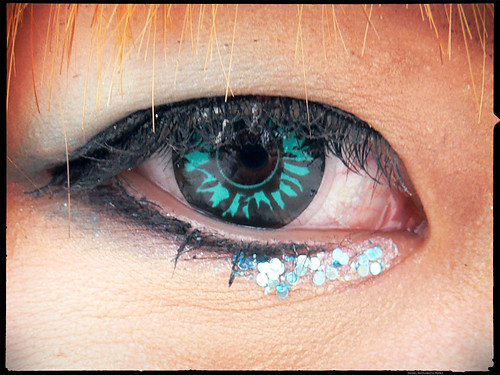Dannatt: media sank Harry's tour
Chris Tryhorn
May 17, 2007
Guardian Unlimited
The army's chief of staff, Sir Richard Dannatt, made clear today that the media had played a part in his decision to prevent Prince Harry's deployment in Iraq.
Without pointing the finger at any particular outlets, Sir Richard indicated that he believed the coverage of Harry's impending tour of duty had aggravated the security risks involved. "I have to add that a contributing factor to this increase in threats to Prince Harry has been the widespread knowledge and discussion of his deployment," Sir Richard said.
"It is a fact that this close scrutiny has exacerbated the situation and this is something that I wish to avoid in future."
When news of Prince Harry's deployment broke earlier in the year, the army circulated an operational note to news outlets calling on them to refrain from reports about his posting that could jeopardise the future safety of troops.
However, there has been no shortage of speculation about what Harry's role might be and where he might carry out reconnaissance missions with his regiment, the Blues and Royals.
The Times and the Daily Mail both suggested he might go to the border with Iran in Maysan province, where a Scimitar tank crew were killed at the end of last month.
The Observer reported that "Whitehall officials ruled out the possibility of the prince not being sent to Maysan", while the Express said he could be sent on "desert patrols in the south-east of the country".
It would have been inconceivable for Harry's deployment in a conflict zone - the first for a royal since Prince Andrew served as a helicopter pilot in the Falklands 25 years ago - not to be the subject of intense media interest.
As much as the rest of his family, Harry has always attracted huge press attention - and not always for the right reasons.
Photographs of his hijinks at parties, including the notorious shots of him in Nazi fancy dress, have been a tabloid staple.
May 17, 2007
Guardian Unlimited
The army's chief of staff, Sir Richard Dannatt, made clear today that the media had played a part in his decision to prevent Prince Harry's deployment in Iraq.
Without pointing the finger at any particular outlets, Sir Richard indicated that he believed the coverage of Harry's impending tour of duty had aggravated the security risks involved. "I have to add that a contributing factor to this increase in threats to Prince Harry has been the widespread knowledge and discussion of his deployment," Sir Richard said.
"It is a fact that this close scrutiny has exacerbated the situation and this is something that I wish to avoid in future."
When news of Prince Harry's deployment broke earlier in the year, the army circulated an operational note to news outlets calling on them to refrain from reports about his posting that could jeopardise the future safety of troops.
However, there has been no shortage of speculation about what Harry's role might be and where he might carry out reconnaissance missions with his regiment, the Blues and Royals.
The Times and the Daily Mail both suggested he might go to the border with Iran in Maysan province, where a Scimitar tank crew were killed at the end of last month.
The Observer reported that "Whitehall officials ruled out the possibility of the prince not being sent to Maysan", while the Express said he could be sent on "desert patrols in the south-east of the country".
It would have been inconceivable for Harry's deployment in a conflict zone - the first for a royal since Prince Andrew served as a helicopter pilot in the Falklands 25 years ago - not to be the subject of intense media interest.
As much as the rest of his family, Harry has always attracted huge press attention - and not always for the right reasons.
Photographs of his hijinks at parties, including the notorious shots of him in Nazi fancy dress, have been a tabloid staple.


0 Comments:
Post a Comment
<< Home